A war hero decorated for bravery in the First World War has been honoured at the Fife football ground of his beloved team.
Sergeant David Hunter was awarded the Victoria Cross for gallantry in Moeuvres, France, in September 1918 when he fended off enemy attacks for two days.
A century later, the Pars fan was celebrated with the unveiling of a commemorative stone and storyboard at East End Park.
Watching were the grandsons who sat with him in the terraces, Ian Hunter, who went on to become Dunfermline Athletic Football Club’s director and David Hunter, who was one of the side’s youth coaches.
Ian said: “I can remember him standing behind the goals and we were a few steps behind him.
“Through my father and uncle I knew his story and it does make you proud.
“It’s hugely important that the next generation and the next generation again continue to appreciate what was done in the First World War for us.”
Sgt Hunter is the latest Victoria Cross recipient to be honoured with the laying of a stone after a century.
Among the guests at the ceremony on Sunday were Gerard Setan, mayor of Moeuvres, Lord Lieutenant of Fife Sir Robert Balfour, Provost of Fife Jim Leishman and senior personnel from 2 SCOTS and 6 SCOTS.
Mr Leishman, former Pars manager, said: “It’s a great story and the Hunter family are so proud of their grandfather.
“The chairman, directors and I’m sure after today all the fans will be so honoured that the family chose this location for his stone.”
The Seven Heroes of Moeuvres
Kingseat-born Sgt Hunter was a corporal when he and six others in his battalion of the Highland Light Infantry garrisoned an outpost north of the recently captured village of Moeuvres, with enough ammunition, rations and water for only one day.
In an enemy counterattack Hunter and his men were surrounded, and were under constant fire for two days in torrential wind and rain.
They refused to surrender, however, and when British guns began an assault on the enemy they were in as much danger from the weaponry of their comrades as that of their enemies, and a number of casualties were sustained.
When British forces eventually advanced, Hunter and his men were found still holding the outpost.
The Seven Heroes of Moeuvres became revered at home and in France.
Before he volunteered for service at the outbreak of the war, Sgt Hunter had moved to Dunfermline and worked briefly as a coach painter, then a miner.
He returned to mining then served as a postman in the West Fife area for 30 years and was latterly storeman at Comrie colliery.
Sgt Hunter was a regular at East End Park, with his grandsons and his two sons.
He died of a heart attack in 1965 and was buried at Dunfermline cemetery, a few hundred yards from the stadium.
His medal, which he almost sold in 1962 to replace his ageing car, was on display on Sunday.
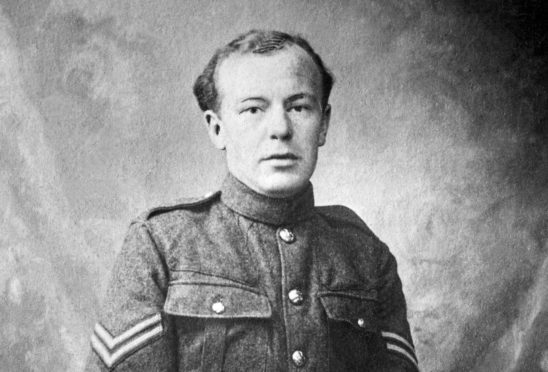
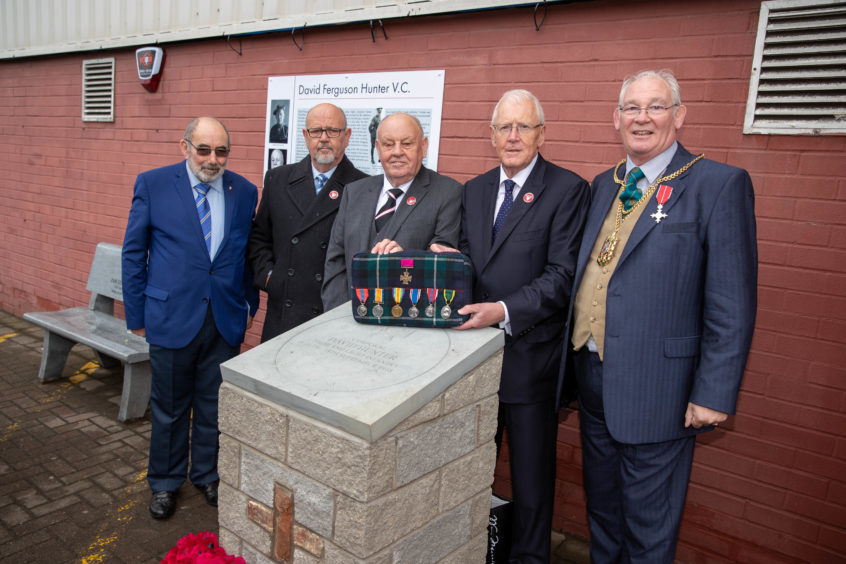



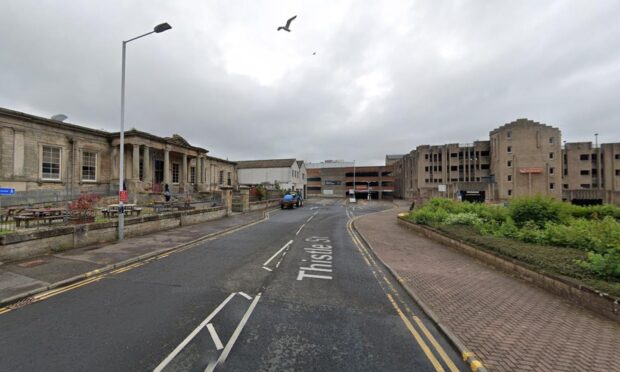
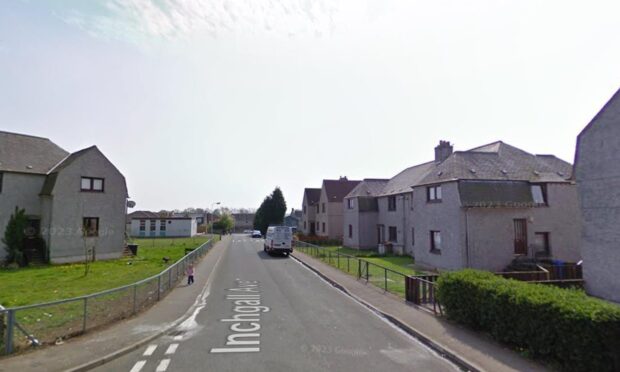
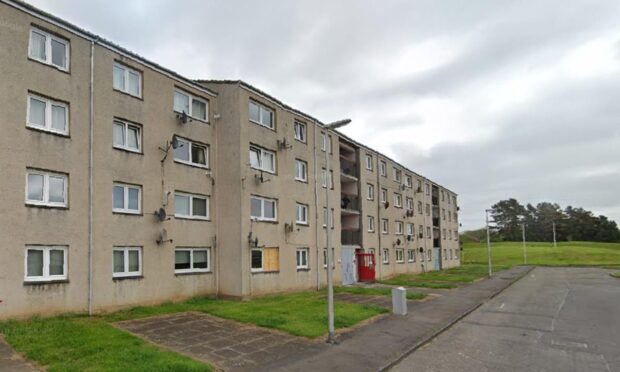
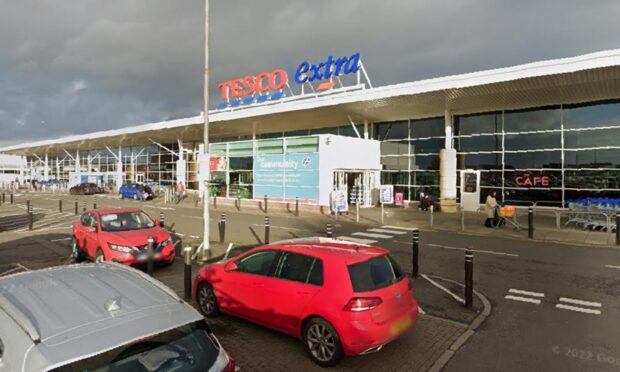

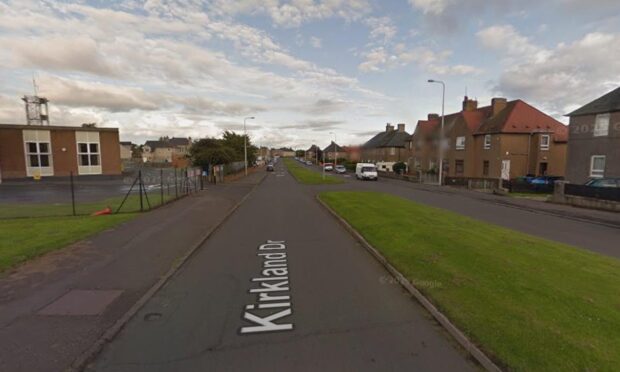

Conversation